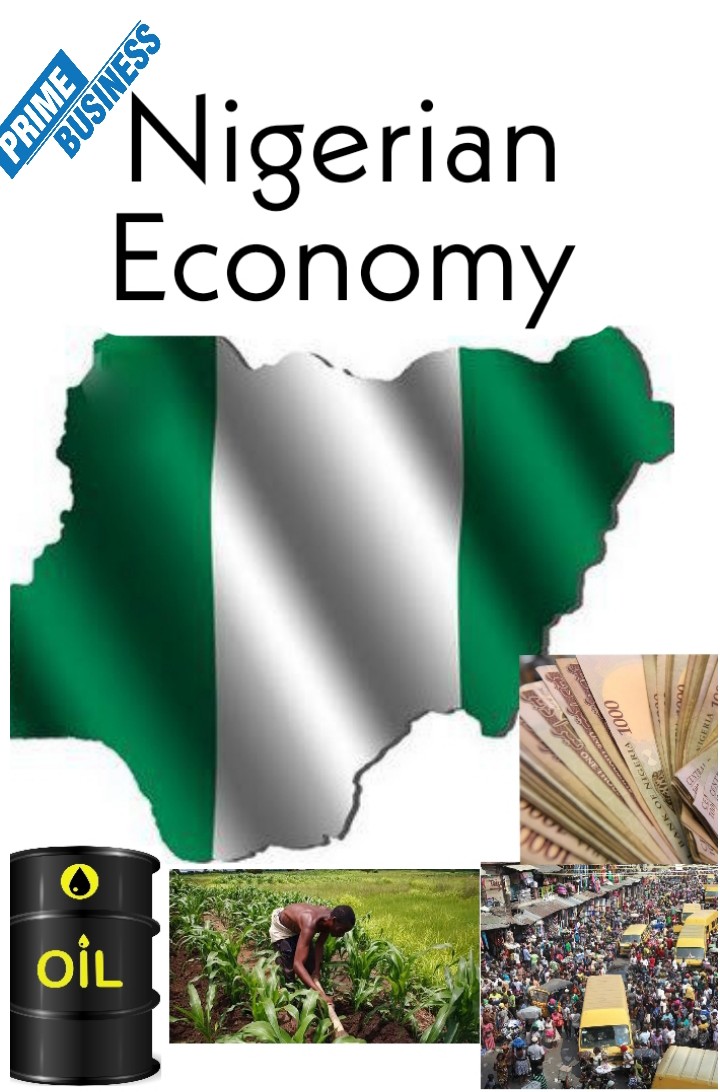Amid the quest to scale up production and boost Nigeria’s economy, the Federal Government has been advised to channel money to be saved from removal of subsidy on petrol to fund training of the citizens on vital skills for job creation in large scale.
READ ALSO: Fuel Subsidy: FG Should Deregulate, Sell Refineries For Efficiency- Envoy To Burundi
President Bola Tinubu had while announcing the removal of subsidy during his inaugural address, said that funds to be saved from subsidies will be channeled to other things like upgrading public infrastructure, improving education, health care and creating jobs.
Economic experts have at different times opined that Nigeria’s major challenges have been dearth of human capital and infrastructure needed to drive critical sectors of the economy.
In an exclusive interview with Prime Business Africa, a Professor of Political Economy, Pat Utomi, said there are vital skills lacking in different sectors of the economy and that the government needs to address them by setting up training schemes for Nigerians to be empowered to work in those areas.
Utomi, who lamented that Nigeria does not have a production culture, noted that countries all over the world have subsidy schemes but they are usually for productive activities not consumption as is the case in the country.
He said: “The fundamental problem with Nigeria’s subsidy is that it is consumption subsidy not a production subsidy. In America, they incentivise farmers to produce by subsidizing inputs. So, that would create jobs and do things that stimulate economic activities. In Nigeria, unfortunately, what we do is just distribute to scam artists in the name of supporting consumers who actually don’t get the benefit in the final analysis.
“If we can take some of the money that is going to be saved from not paying for subsidy, instead of putting in the budget or spending it somewhere else, we focus it on training so many people on badly needed skills.”
READ ALSO: $800m Petrol Subsidy Removal Palliative Another ‘White Elephant Project’ – Analysts
Such intervention, he said, would have a high transformative impact on the Nigerian economy.
In the area of oil and gas, Utomi said the government can create training schemes for the citizens to acquire various vital skills needed to boost the industry in the country.
Speaking further on revitalizing the oil and gas industry, he said the government can also consider the option of investing in modular refineries while it also, allow private investors to come in.
He said experts estimate that about $1.5 million can get a small modular refinery that can refine crude oil locally.
Away from oil and gas, Utomi further advised that the government should identify areas the country has factor endowments and empower many people with vital skills to a scale that they can have comparative advantage in certain sectors.
He said: “We need to turn things around and create champions in various sectors where we have factor endowments; hold them accountable to certain performance outcomes, create appropriate policies for those sectors to thrive and watch the economy grow.”
Prof. Utomi’s observation echoes the submission of the Executive chairman, Economic Growth and Development Centre, Prof. Magnus Kpakol recently.
Prof Kpakol, a former Chief Economic Adviser to President Olusegun Obasanjo, had during an interview, said the decision to end the subsidy regime is a good one considering the huge spending on it.
He said Nigeria has a problem of low productivity which is partly caused by human capital deficiency.
The economic expert pointed out that without increasing human capacity through massive skill acquisition and investment in critical infrastructure, government plans won’t be achieved no matter how lofty they may seem to be.
“We have to find ways to invest in the people. Invest in them in a way that will be able to produce. Every community should be able to find out what they will be able to produce (about comparative advantage) and compete with. That’s what the Chinese are doing,” Prof. Kpakol advised.
Victor Ezeja is a passionate journalist with seven years of experience writing on economy, politics and energy. He holds a Master's degree in Mass Communication.


















Follow Us